Rise in people surviving strokes in Wales, new report shows
- Published
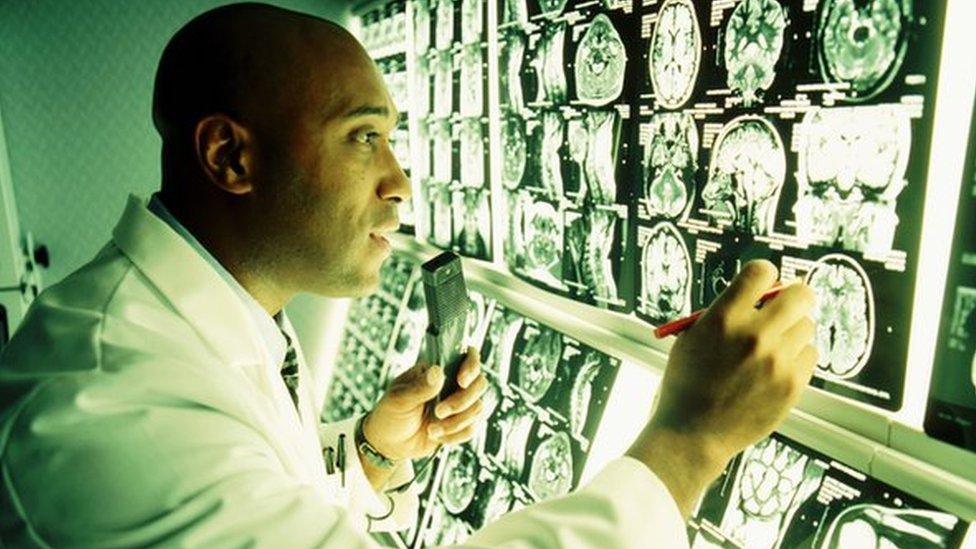
More people are surviving strokes in Wales, with about 1,000 fewer deaths a year compared to a decade ago, a new report has shown.
The Welsh government report highlighted progress the NHS has made in preventing and treating strokes.
But it also outlined areas for improvement, such as support for patients after they are discharged.
The director of the Stroke Association in Wales welcomed the report but said patient recovery required improvements.
According to the report, 2,317 people died from a stroke in Wales in 2014 compared to 3,158 in 2005 - a 26% fall and a reduction of 841 deaths.
Based on a three-year average, Wales has seen a fall of about 1,000 deaths per year between 2003-05 and 2012-14.
'Building on progress'
Key findings from the report, which covers 2015, included:
Pre-hospital care provided by the Welsh Ambulance Services NHS Trust has improved over the last year.
An improved awareness of stroke symptoms due to campaigns such as FAST (Face, Arms, Speech, Time) or Lower Your Risk of Stroke.
The number of patients receiving clot-busting drugs (thrombolysis) has increased, from 358 in 2012-13 to 501 in 2014-15.
Improvement needed in early supported discharge services and community rehabilitation.
Need to increase the number of stroke patients assessed within six months of discharge.
Dr Andrew Goodall, chief executive of NHS Wales, said: "Our annual report shows that by focusing on a number of areas and through prevention, awareness-raising and education; effective and timely treatment; research and supporting those living and dying from a stroke, we are delivering quality care for people.
"We will continue to build on this progress."
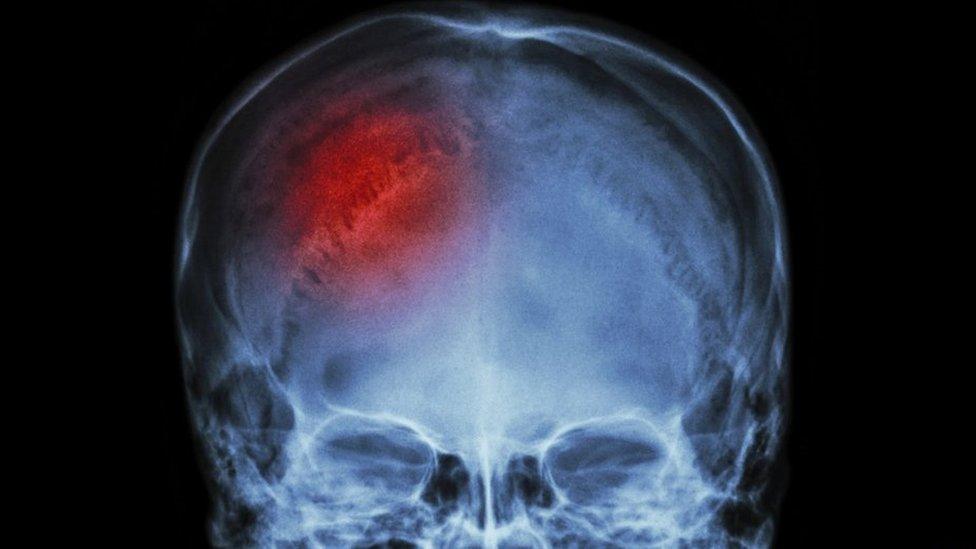
Deputy health minister Vaughan Gething said the report showed stroke services across Wales "continue to improve".
Director of the Stroke Association in Wales, Ana Palazon, welcomed the advances made in emergency and acute care but said the story "is much broader than just that".
"While many people are surviving, they are also having to live with complex impairments and therefore many of the improvements that still remain to be made are across the therapies and the long-term support that stroke survivors require," she said.
"Many stroke survivors often say that even when they have had excellent hospital treatment, once they get home they feel abandoned."
- Published20 August 2015

- Published28 July 2015
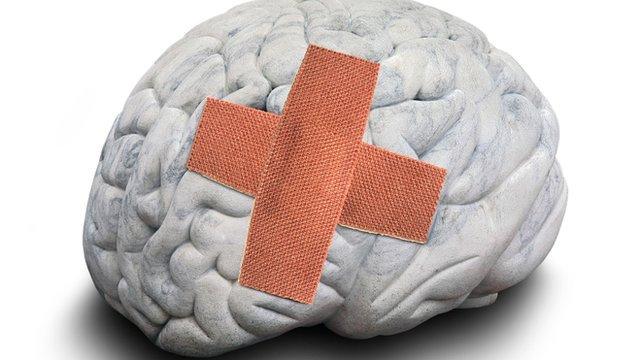
- Published21 May 2014
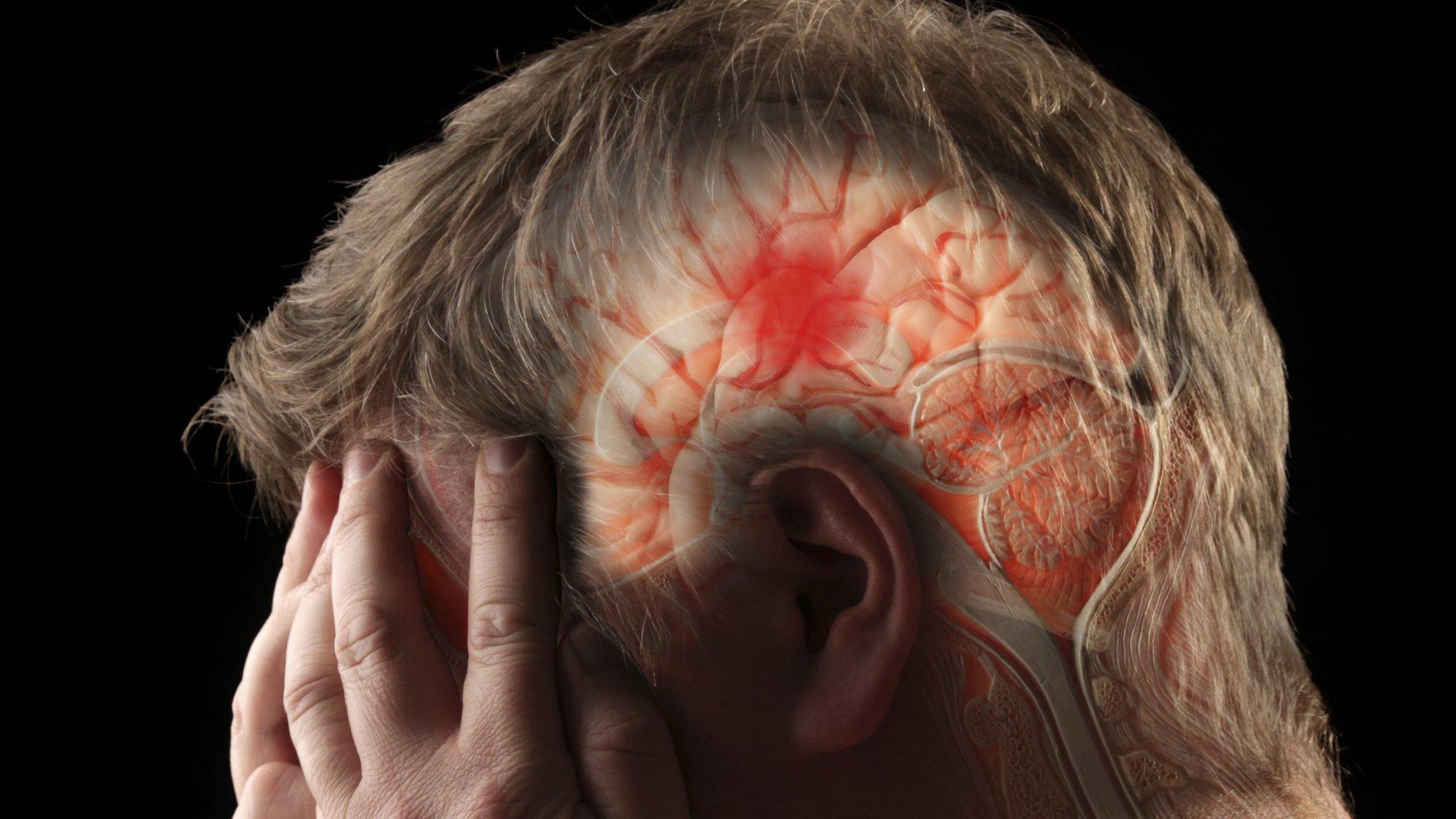
- Published29 October 2013
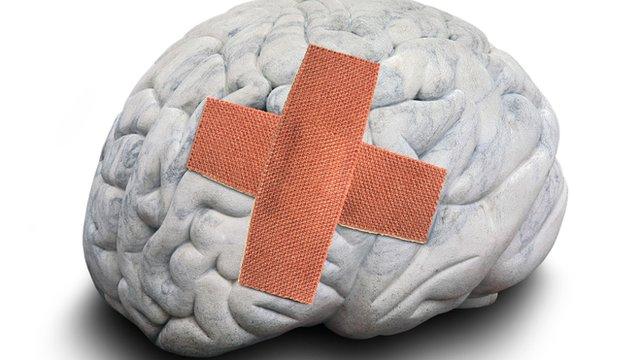
- Published1 May 2013
